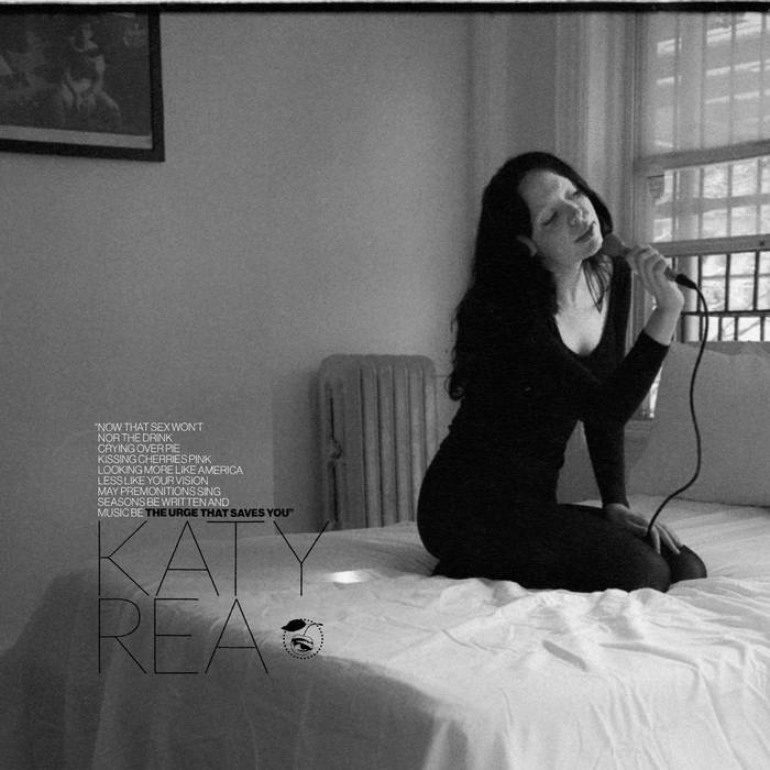

Diving into experimental emotional borders
Four years after her 2018 EP, Same Kind of Woman, Katy Rea comes back with a further intimate debut album, titled The Urge That Saves You.
The title track seems to start off as a piano ballad but a few seconds in it is noticeable it’s actually an intro. With a soft voice echoing across the space, it is nostalgic and cozy.
“Say Goodbye (One More Time)” starts as a stripped back song. The vocals are the main focal point, and are substantially louder, while a guitar plays faintly. Background synths fade in, and soft RnB percussions enter. The acoustic guitar is joined by an electric one, and the track’s volume varies throughout. The track is built with country elements, and it slows down and speeds up along its running time.
Closer to the percussions that country is known for, “Happiness” treads between the tracks of experimental, jazz and country. With interesting rhythms, and modulations within the track, Rea keeps the listeners on their toes, unable to guess what is next.
“Lord Try” is a mix of several songs in one, as it seems to end and start over a couple of times. “Lord Try” is about the challenges of a love gone stale, as Rea begs “Lord, try me,” it is easy to see how desperate she is to get things right, despite an unresponsive love; “you say more when you say nothing.”
“We Don’t Believe” initially appears to be more of an experimental song, with dry snares and a soft guitar accompanying Rea’s eccentric yet soft voice. The song’s meaning is unclear, yet Rea uses farm and crop related metaphors to try to get her song’s point through. “We Don’t Believe” seems to make ambiguous references to faith or religion, but is never clear throughout the track, despite its “you reap what you sow” undertones.
“Lullaby for a Twenty Something” is a sweet, yet haunting interlude. It begins with sweet chords, but some occasionally spiral down along with Katy Rea’s voice, in what can best be described as a psychophony-like manner, making Rea’s voice sound ghostly, a product of the past.
“Floods in Houston” sounds like an old song. Rea’s harmonies and vintage sounding piano add to the effect. She tells the story of a character named Jessica, a woman who is headstrong and makes her opinion known. She seems to like standing up for others, and is constantly caught defending the underdog. The song ends in a fadeout, which is also a metaphor for the lyrics themselves, which trail off without ever finishing the last phrase; “she saves the photo for…”
“Star with Nine Sides” is a soft ballad. It is repetitive and trance-like, repeating the hook “over” and “over”, accompanied with soft percussions, a clean electric guitar, a saxophone and a jazzy piano that helps the song feel like a starry sky.
“We Come Back” is one of the clearest songs on the track meaning-wise. This is Rea, asking for support from her lover, asking to lean on their shoulder, as she discovers her path in love. “Life is Gruesome,” she recalls her mother saying. “They might say you don’t deserve it, unless you struggle for it. Love is not a fight,” she sings. Sonically, it is more interesting than the rest of the songs, including a plethora of sounds; from a folk-RnB song, to screams and alarming moments, to a brief verse that sounds like a power ballad, to a slow ballad outro. It is the song that defines the album’s identity the most.
